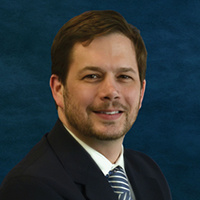Cambridge Misdemeanor Lawyer, Wisconsin
Sponsored Law Firm
-
 x
x

Click For More Info:
-
Hurley Burish, S.C.
33 East Main Street Suite 400 Madison, WI 53703» view mapEstate and Criminal Defense Law A Law Firm You Can Trust
Dedicated to providing clients with the comprehensive, creative, and thorough work.
608-257-0945
Not enough matches for Cambridge Misdemeanor lawyer.
Below are all Cambridge Criminal lawyers.
David M. Stegall
✓ VERIFIEDCriminal, Accident & Injury, Workers' Compensation, Animal Bite
David M. Stegall is a shareholder at Lawton & Cates who was admitted to the Wisconsin Bar in 2006 after graduating cum laude from Marquette University... (more)
David E. Saperstein
✓ VERIFIEDCriminal, Traffic, DUI-DWI
David E. Saperstein is first, and foremost, a trial lawyer. He is in his element, at his best, when he is advocating for his clients in the courtroom.... (more)
Scott K. McCarthy
Lawsuit & Dispute, Divorce & Family Law, White Collar Crime, Personal Injury
Status: In Good Standing
Madaleine R. Mulrey
Criminal, Lawsuit & Dispute, Traffic, DUI-DWI
Status: In Good Standing Licensed: 21 Years
Richard Coad
Federal Appellate Practice, White Collar Crime, Criminal, DUI-DWI
Status: In Good Standing
Christopher T. Van Wagner
Motor Vehicle, Criminal, Felony, Computer Law
Status: In Good Standing Licensed: 30 Years
 David Saperstein Madison, WI
David Saperstein Madison, WI Practice AreasExpertise
Practice AreasExpertise


